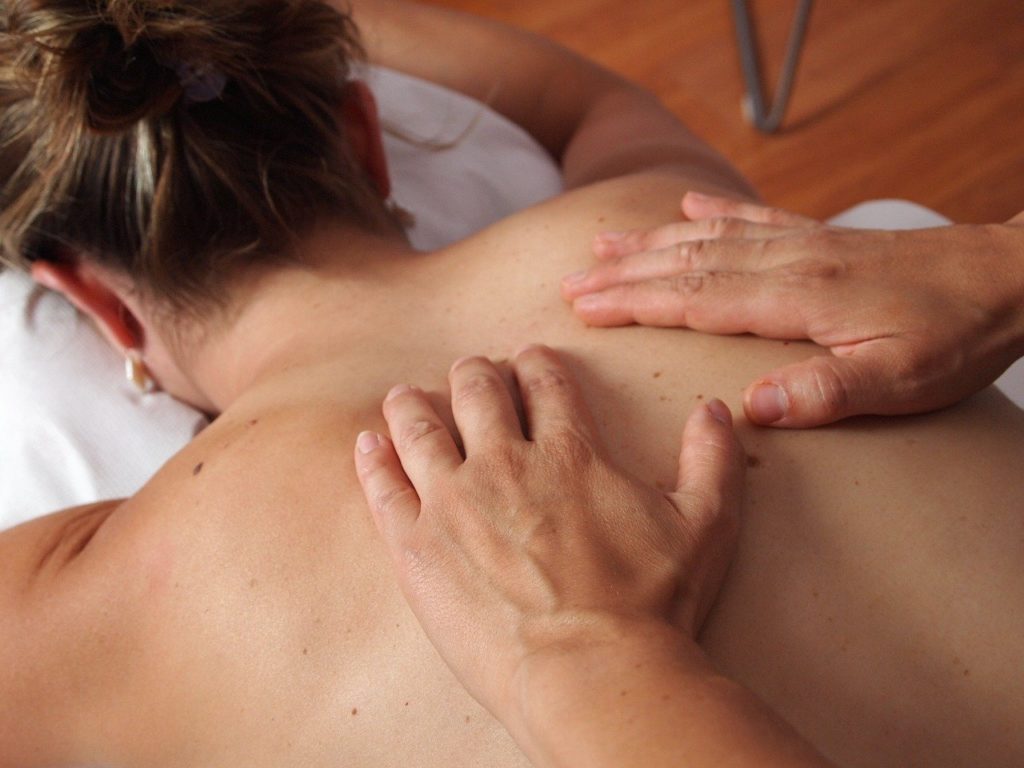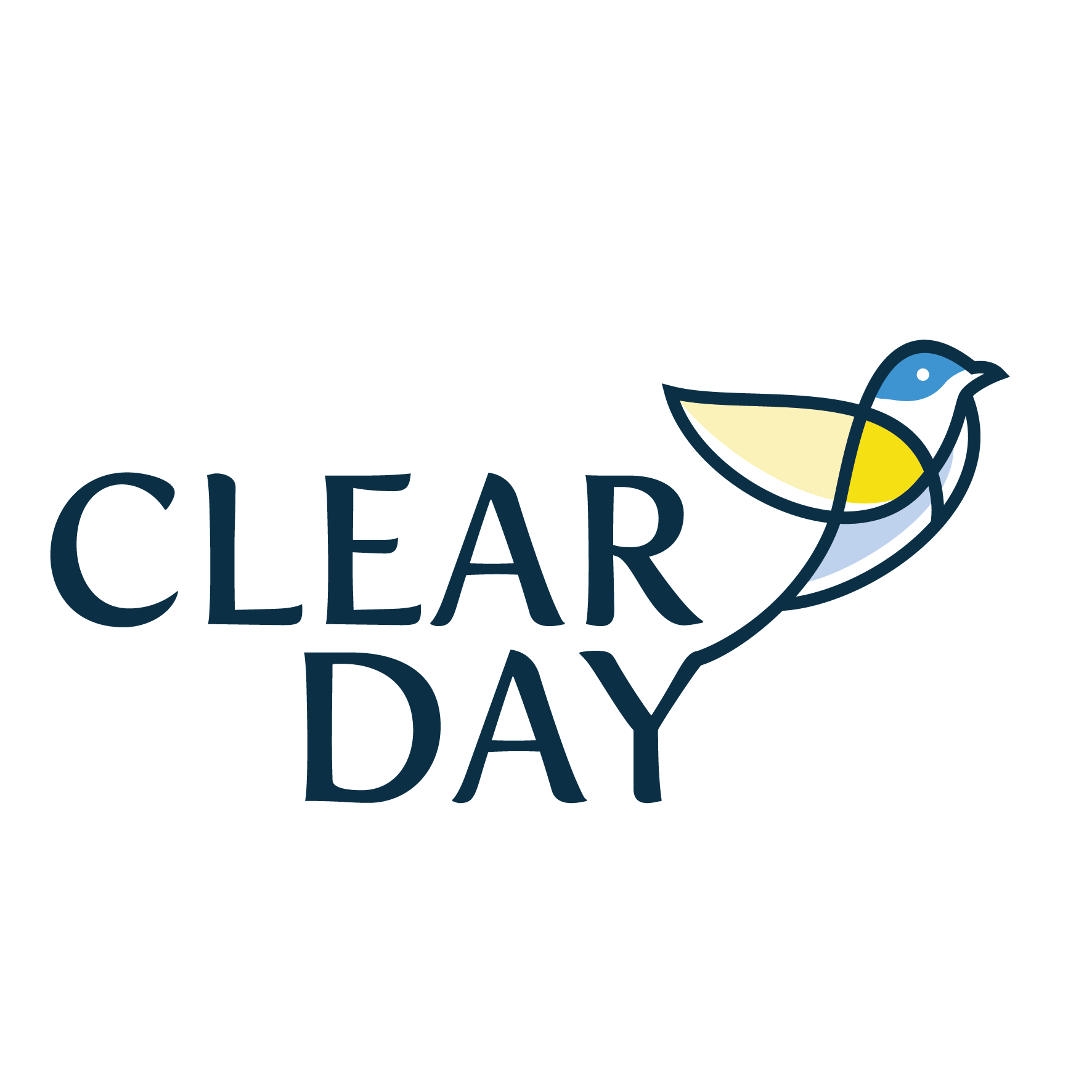
For this week’s blog I have a guest contributor, Kate Brown of Calm at Work and Calm at Home. Kate’s aim is to help facilitate a calmer and more connected world. She is a professional member of the Complementary Therapists Association (CThA) and is registered with the Complementary and Natural Healthcare Council (CNHC) and as such holds full qualifications and insurance for all the therapies she practices.
This is the fourth of my monthly guest contributor blogs focusing on different aspects of maintaining our mental health. You can read here the previous posts from Amanda Manson, Kimmy Drain and Sarah Steinhofel.
************************************
Hi, I’m Kate, and I’m a holistic therapist, life coach and meditation teacher.
While most people are aware of the physical benefits of massage, from helping with the acute pain of a pulled muscle, to helping with longer term chronic pain from injury or from conditions like fibromyalgia, the mental health benefits might not be as immediately obvious to most.
Touch is so important for humans. We are a social species, and we need appropriate daily physical contact (lots more than most of us get, a minimum of 8-10 meaningful touches a day for adults) to satisfy our need for belonging and safety.
We’re pretty good with babies. We tend to carry them and hug them a lot.
As they grow, children may still climb on to our knees for an all encompassing hug, hold our hands as we walk with them outside or get their touch quota in through being helped to get dressed, having their hair brushed etc. Babies and children are also incredibly tactile with their peers, and learn a lot through touch.
As we get older, and our independence increases, the daily touch moments with care givers may dwindle away to zero.
At the same time, the sexualisation of phyiscal contact for teenagers, combined currently with a global pandemic (!), means that the chance for getting in the daily contact with peers, also diminishes.
Over time, with little or no physical contact, anxieties around our own worthiness, safety and belonging (to our family, friendship group, larger social circle) rise.
The teenage years are not just ones in which huge brain, physical and hormonal changes occur. It’s also the time when the safety net of family, friends and society change as the accepted rules of adulthood differ to those for childhood. No wonder the teenage years are so lonely and difficult (I certainly would not want to revisit them!).
Once adulthood has been reached, and often, though not always, depending on your relationship status and family relationships, touch may continue to be a lacking need.
Touch increases feelings of trust, safety, cooperation and compassion.
It increases the release of oxytocin, helps with bonding and boosts the activity of the rest and digest parasympathetic nervous system, whilst simultaneously reducing the activity of the stress induced ‘fight, flight or freeze’ sympathetic nervous system. We spend far too much of our time in the latter, which has long term negative impacts on our immune, musculoskeletal, respiratory, cardiovascular, digestive and hormonal systems.
So touch is a basic human need and one we need to satisfy in order to live longer, happier, healthier lives.
In the UK, we are touch deprived. For more information about the importance of touch, and some examples of easy daily meaningful touch that have probably all but disappeared through the pandemic, check out this website: https://greatergood.berkeley.edu/article/item/hands_on_research
Massage therapy is an important and valid option for satisfying our need for touch. It provides dedicated, compassionate touch, over a set period of time, that helps fulfil both the physical and emotional needs listed above. It’s one of the best tools I personally have for maintaining touch with my family members (tween and teenage children, parents) and is used extensively in other cultures in exactly this way.
I’d encourage you to think about how you can get some of your meaningful daily touches.
Can you pat someone on the back, arm or hand?
Who can you hug? (And if it’s a 20 second hug, with both of you over your own centre of gravity, even better!).
Whose hand can you hold?
Grooming is an important way our non-human primate cousins fulfil their need for touch. Whose hair can you comb? Whose nails can you paint?
Some of these suggestions (e.g. back patting, hand holding) also simulate some important acupressure or ‘tapping’ points too. Holistic health is all encompassing after all!
When we are the giver of the physical contact, it still benefits us! This is just another example of ‘be the change you want to see in the world’. If you need more touch in your life (hint, we ALL need more touch in our lives!), you need to instigate giving it!
And yes, as a massage therapist, I fulfil my need for touch through my work. Pretty awesome win-win!
If you’d like more information about massage, the different types available, or which would best suit you, please do get in contact.
Kate Brown
July 2021
